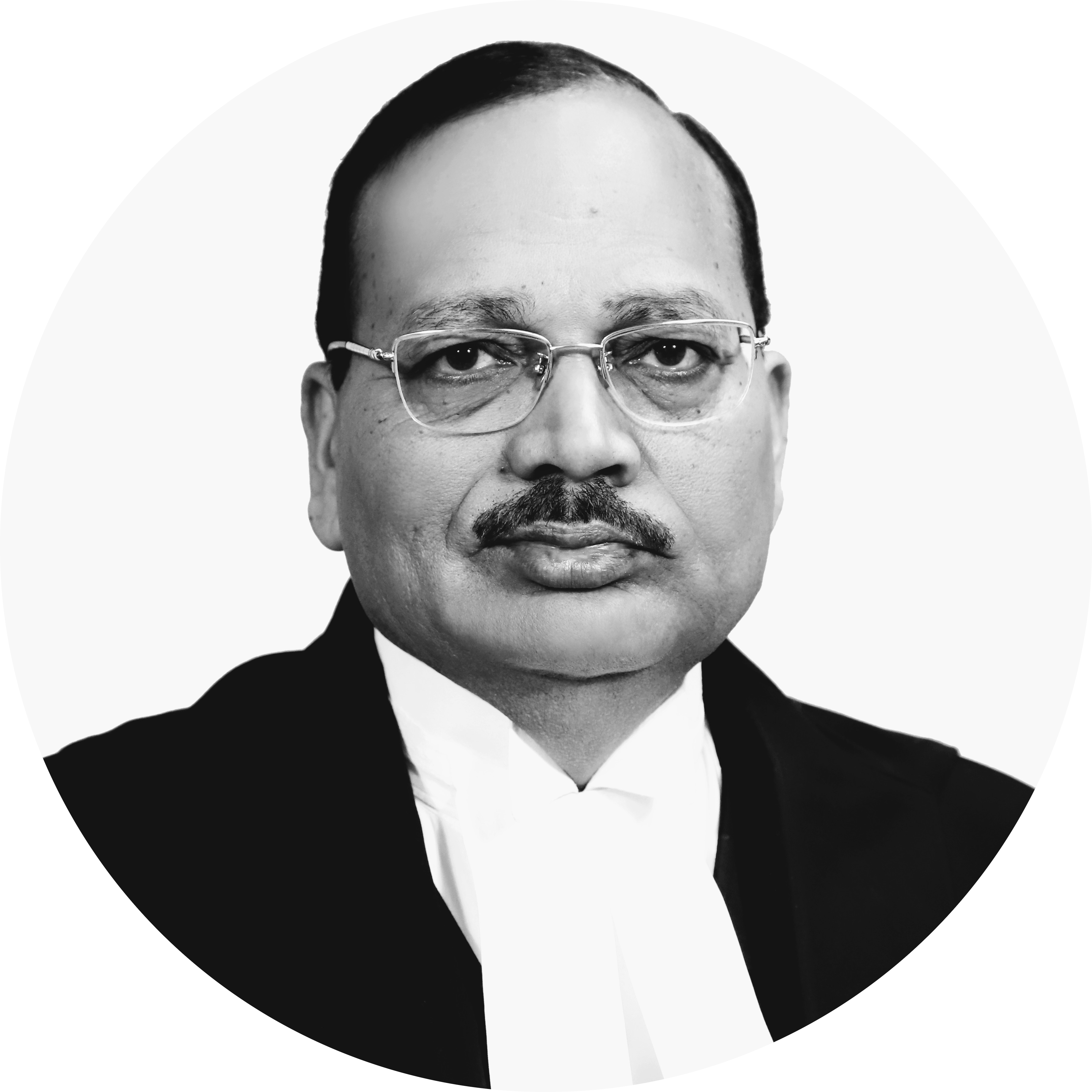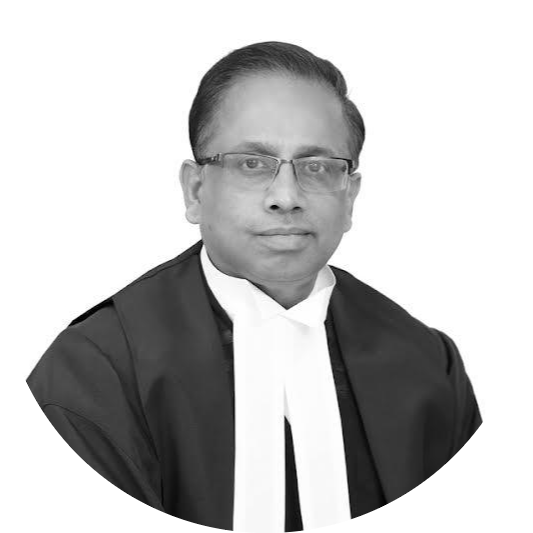Extent of state’s power to borrow funds from Union
State of Kerala v Union of India
The Supreme Court will determine whether the Union's imposition of a ceiling limit for borrowing additional funds amounts to executive overreach
Pending
Parties
Petitioner: State of Kerala
Lawyers: Kapil Sibal, Sr. Adv.; Advocate General K. Gopalkrishnan Kurup; N. Manoj Kumar, Adv. (State Attorney); C.K. Kasi, AOR
Respondent: Union of India
Lawyers: Attorney General R. Venkatramani; Additional Solicitor General N. Venkatraman; Raj Bahadur Yadav AOR
Case Details
Case Number: Original Suit No. 1 of 2024
Next Hearing:
Last Updated: April 23, 2024
Key Issues
Does Article 293 give state governments the right to borrow money, and how much power does the Union have to regulate this?
Can borrowing from State-Owned Enterprises and liabilities from the Public Account be regulated under Article 293(3) of the Constitution?
What is the Supreme Court’s authority to review fiscal policies that are in conflict with the “object and spirit” of Article 293’s intent?
Is “fiscal decentralisation” a component of Indian federalism, and do the Union’s actions towards Kerala infringe on federalism principles?
Do the Union’s actions towards Kerala violate Article 14 of the Constitution owing to “manifest arbitrariness” and allegations of differential treatment?
Do the Union’s restrictions conflict with the Reserve Bank of India’s role as the Union’s public debt manager?
Is it mandatory to consult with states before implementing Finance Commission recommendations?
Case Description
The matter pertains to a challenge by the Kerala government against the Union government’s imposition of a Net Borrowing Ceiling (NBC) limit on the amount it can borrow from the Consolidated Fund of the state, under Article 293 of the Constitution. The challenge was filed as an ‘Original Suit’ under Article 131 of the Constitution.
Article 131 entails what is called the ‘Original Jurisdiction’ of the Supreme Court. It states that the Supreme Court has exclusive jurisdiction to adjudicate disputes between the Union and state governments or between state governments.
On 28 March 2018, the Union amended Section 4 of the Fiscal Responsibility and Budget Management Act, 2003 and introduced a “general government debt.” The general government debt is an aggregate of the Union’s debt and total debt of the state governments. Through the amendment it noted that the Union is obligated to ensure that general government debt does not exceed 60 percent of the Gross Domestic Product by the end of Financial Year 2024-25.
On 27 March 2023, the Union issued a letter to the State of Kerala imposing a Net Borrowing Ceiling (NBC) limit on the “maximum possible” amount that the Kerala government could borrow from the Consolidated Fund of the state, under Article 293. Article 293 lays down the framework for financial borrowings for state governments. It mentions that state governments have an “executive power” to borrow from the Consolidated Fund of the state from time to time, and recognises that the Union also can issue loans to state governments from time to time, and give guarantees in respect of such loans.
In the letter dated 27 March 2023, the upper ceiling that the Union government imposed was three percent of the projected Gross State Domestic Product (GSDP) of Kerala in the Financial Year 2023-24. The projected GSDP of Kerala was ₹10,81,412 crore. Thus, the NBC for Kerala was fixed at ₹32,442 crore. The considerations for the NBC included all sources of borrowing, including open market borrowings, loans from Financial Institutions, and the liabilities arising out of the Public Account of the state. To ensure state governments did not bypass the NBC limit by using State-Owned Enterprises (SOE), these enterprises were also included in the NBC calculation.
On 11 August 2023, the Union circulated a second letter stating that the upper limit for open market borrowing for Kerala was now ₹21,852 crore.
On 8 December 2023, the Kerala government filed an Original Suit challenging the March 2018 amendment, along with the two letters issued by the Union in March and August 2023, arguing that the three actions violated Article 293 of the Constitution. Apart from a final relief to strike down all three of the Union’s actions, the State of Kerala also sought two interim injunctions, first, to restore the original position i.e., before the NBC limit on borrowing was imposed on the state by the Union, and second, to allow Kerala to borrow ₹26,226 crore on “an immediate basis.”
With regards to the 2018 amendment, the Kerala government argued that the “Public Debt of the State” falls within the domain of the state government under Entry 43 of the State List. They argued that inclusion of state debt into the general government debt would “thwart the powers” of the state government. They further claimed that Section 4 would be misused by the Union to “legitimise and legalise” unconstitutional limits on state governments’ finances and borrowing powers.
With regards to the first letter dated 27 March 2023, Kerala argued that the other sources of borrowing are not considered under Article 293. They relied on Article 266(2) which excludes the “borrowings of a state” from the Public Account of the state. They argued that the Public Accounts of the state are distinct and have “no nexus” with the Consolidated Fund of the state. They claimed that the Public Account “comprises monies of the public that are held in trust by the state but do not belong to the state.”
The Kerala government stated that monies borrowed by SOEs were “illegally equated” with the borrowings of the state. They highlighted that SOEs were never considered in the borrowings of the state until the 2022-23 financial year. Moreover, they noted that SOEs have a “juristic entity” which is separate from a state government.
With regards to the second letter dated 11 August 2023, Kerala argued that the new upper limit for open market borrowing, ₹21,852 crore, was lesser than the previously promised amount of ₹32,442 crore. They stated that the Union rejected repeated requests for borrowing extra amounts by relying on Article 293(3). Article 293(3) says that a state government cannot take a loan without the consent of the Union government. According to Kerala, the Union had made an “illegal exercise” of its powers by expanding its scope of consent.
The Kerala government claimed that the NBC will have a “deleterious impact” upon their welfare schemes. Their interim request for an amount of ₹26,226 crores was sought “to avert the impending grave financial crisis” caused to them by the Union government. More specifically, they requested that the Union may be directed to grant the amount to pay dues arising from various budgetary obligations such as dearness allowance, pension scheme and subsidies.
The top court became a playground of negotiations and bargains. On 15 February 2024, the Union agreed to pay ₹13,608 crores on the condition that the Kerala government withdraw the suit. A Bench of Justices Surya Kant and K.V. Viswanathan did not approve that suggestion. Subsequently, the Union offered ₹5,000 crores, which was rejected by the Kerala government, with a demand of ₹10,000 crores. On 8 March and 13 March 2024, the Union consented to grant ₹8,742 crores and ₹4,866 crores respectively—a total of ₹13,608 crores which the Union had earlier offered to pay.
Over the course of two days of hearings, the Kerala government argued that the Union government’s restrictions on the borrowing power is executive overreach. Further, they argued that Kerala should be allowed to borrow more amounts as it had under-utilised its “permissible borrowing space” in the preceding financial years 2020-21, 2021-22, and 2022-23.
In contrast, the Union government justified its power to regulate Kerala government’s borrowings as the management of public finance was a “national issue.” They argued that Public Accounts of the state and SOEs need to be considered as they could be used to by-pass borrowing ceilings. The Union claimed that the present “crisis” in Kerala was the result of the state’s own financial mismanagement and not due to the Union’s regulation.
They pointed out that Kerala’s claim of “under-utilising” its borrowing space was based on “erroneous” facts. Attorney General R. Venkataramani highlighted that Kerala over-borrowed in the financial years of 2016-17 to 2019-20, a claim that the Kerala government has not contested. The Union stated that it has inherent power as a lender to impose limitations on a state governments power to borrow additional funds under Article 293.
On 1 April 2024, the Supreme Court rejected the Kerala government’s prayer to borrow additional funds. The Court agreed with the Union that any amount over-borrowed by Kerala has to be adjusted in the succeeding financial year. Additionally, it held that granting additional funds to Kerala would have greater consequences on the fiscal health of the country as the Union borrows funds from foreign countries to lend to state governments. Lastly, the Bench held that a “monetary damage” caused by the state’s own financial mismanagement was not an “irreparable loss.” Thus, granting relief to Kerala would result in a “bad precedent” which would enable other states to “flout fiscal policies.”
The Bench observed that Article 293 was never substantially interpreted by the Supreme Court and referred the case to a five-judge bench. The Constitution Bench will decide the extent of the Union government’s power to limit the borrowing power of a state government.


